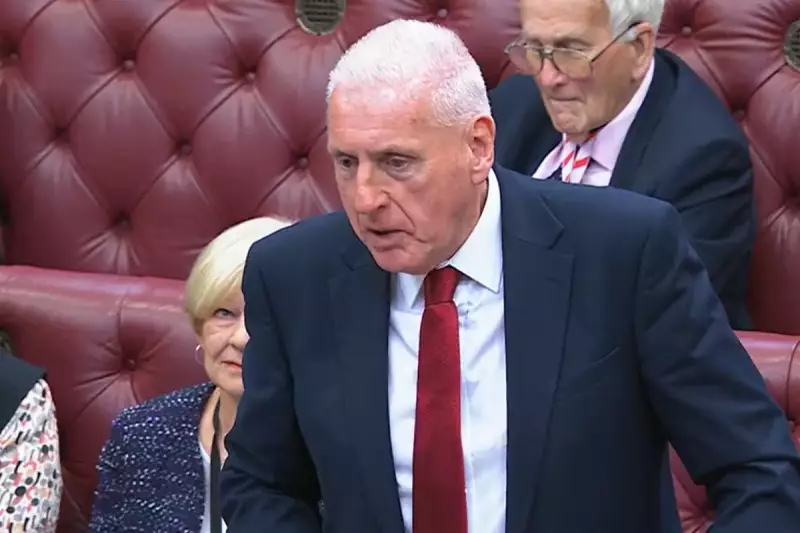
In a definitive and historic move, the House of Lords has formally consigned the death penalty to the history books. Peers voted overwhelmingly to abolish capital punishment for the last two remaining offences under UK law: treason and piracy with violence.
The move, described as a ‘symbolic step’ towards aligning the UK's statute books with its modern values, passed without a vote. This legislative action finally severs the last legal ties to a punishment that has not been used in Britain for decades.
A Long Road to Abolition
The death penalty for murder was abolished in Great Britain in 1965 and in Northern Ireland in 1973. The last executions took place in 1964. However, archaic laws still technically allowed for capital punishment for specific, rare crimes against the state.
The new legislation, an amendment to the Armed Forces Bill, was brought forward by the Liberal Democrat peer, Lord Beith. It replaces the sentence of death with a maximum penalty of life imprisonment for these extraordinary crimes.
Modernising the Statute Book
While the practical application of these laws was deemed highly unlikely in the modern era, their existence was a glaring anachronism. The government itself acknowledged this, stating its longstanding policy is to "oppose the death penalty in all circumstances as a matter of principle".
This final abolition ensures that the UK's legal framework fully reflects its ethical stance and international commitments against capital punishment. The decision underscores the nation's position as a leading advocate for human rights and judicial reform.





